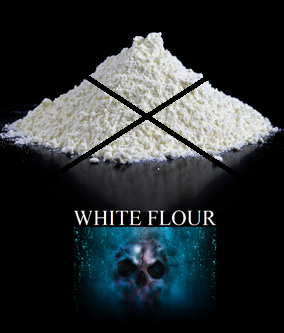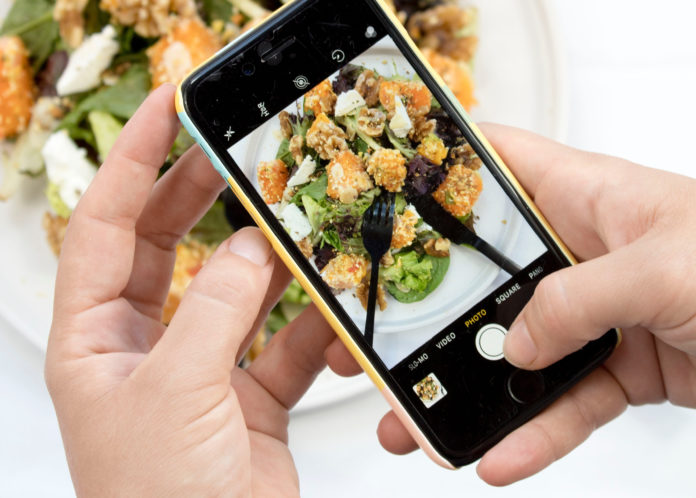“Society’s gullibility accepts any social media posting as undeniable fact.” Hector Sectzer
The following article by Toby Amidor falls short of proving proof to my above statement while trying very hard to do so. Maybe Toby needs to do more accurate research.
Top Nutrition Fallacies on Social Media
Nutritionists weigh in on bad nutrition advice swirling online. By Toby Amidor, Contributor July 22, 2019, at 8:00 a.m.
THERE’S A LOT OF BAD advice swirling on the web about food and nutrition. You can find this misinformation scrolling through any of the social media platforms. The problem is that many of these nutrition claims are not science-based and are coming from so-called experts who haven’t studied nutrition or had any hands-on experience with food. Even worse, some of these fallacies make you feel that if you don’t follow them, you’ll be doing something “bad.” They can bring about feelings of guilt, anger and ultimately make you feel that you “must” follow them for the good of your body. That’s certainly not how anyone should feel about food. I asked top nutrition experts from around the country about misinformation they often find on social media. Here’s what they said. THIS IS TRUE – Hector Sectzer.

Nutrition advice on social media that’s wrong:
| Statement On The Net | Rebuttal By Hector Sectzer |
| White foods are unhealthy. | This Is Wrong– The statement normally found is ‘bleached’ foods are unhealthy. This refers mostly to white flour. |
| Caffeinated drinks don’t count toward your daily fluid intake. | This Happens To Be A True Statement – You can’t count a diuretic towards water drank daily. SEE Below |
| If you take a multivitamin, you don’t need fruits and veggies. | This Is Certainly A False Statement . Vitamins are solely a supplement to food. |
| Dried fruit is bad for you. | This Happens To Be A True Statement – Commercial dried fruit is full of added sugar |
- “The biggest myth is that white foods, such as pasta and white vegetables, are nutrition slackers compared to whole grain and more colorful, phytochemical-rich veggies,” explains Salge Blake. “This is totally wrong.” Pasta is fortified with riboflavin, niacin, thiamine, iron and especially folic acid, a B vitamin that is critical for pregnant women – and many don’t consume enough folic acid in their diets. Similarly, a cup serving of potatoes (about one small baked potato) costs less than 20 cents yet will provide over 650 milligrams of blood pressure-lowering potassium. Because most Americans don’t get enough of this nutrient, a potato is a cheap way to fight high blood pressure. In addition, Jones explains that white foods like Greek yogurt, natural aged cheeses and milk, potatoes and even many enriched grains can contribute significant amounts of nutrients: calcium in dairy, fiber and potassium in potatoes and B-vitamins in enriched grains. “Ironically, one of the most popular veggies these days just happens to be white – cauliflower!” Jones notes.
ANSWER TO STATEMENT #1
Well Toby, first of all the reason why certain white foods are bad for you, such as those that are made with white flour is because they are bleached (with the same bleach that we bleach our clothing), destroying any vitamin that such food might have had. Obviously, cauliflower is naturally white, so are onions, Kohlrabi, parsnips, turnips, and potatoes. No one is stating that a vegetable or nutritional item that is naturally white is bad for you. If you want nutrient from a food it can’t be bleached, colored, chemically processed or filled with added sugar. Bleached Foods Are No Longer Foods.

© Copyright – Hector Sectzer

















